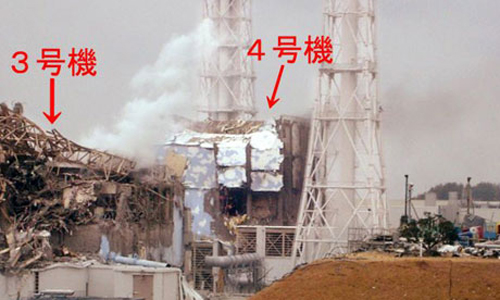Nel tempo libero è anche vicepresidente del Consiglio Nazionale delle Ricerche
Le grandi catastrofi sono certamente un male, però non sono un male assoluto, ma una male relativo, dal quale sorgono beni di ordine superiore e più universali. La luce della fede ci insegna che le grandi catastrofi, o sono un richiamo paterno della bontà di Dio, o sono esigenze della divina giustizia, che infligge un castigo meritato, o sono un tratto della divina misericordia, che purifica le vittime aprendo loro le porte del Cielo.
Roberto de Mattei, vicepresidente del CNR, parlando a titolo personale del terremoto in Giappone.
Lo vogliamo ricordare anche come antievoluzionista.
L'evoluzionismo è indimostrabile sul piano sperimentale: di fatto è un mito che si sta sgretolando.
Credo che Adamo ed Eva siano personaggi storici e siano i progenitori dell'umanità.Contrario al progressismo del Concilio Vaticano II, nel suo pamphlet "Il Concilio Vaticano II. Una storia mai scritta".
Contrario al riscontro neurologico della morte cerebrale, in "Finis Vitae. La morte cerebrale è ancora vita".
Euroscettico e contrario gli incontri interconfessionali del Papa ad Assisi.Potrebbero ingenerare confusioni tra la "vera religione" e altre visioni del mondo.







